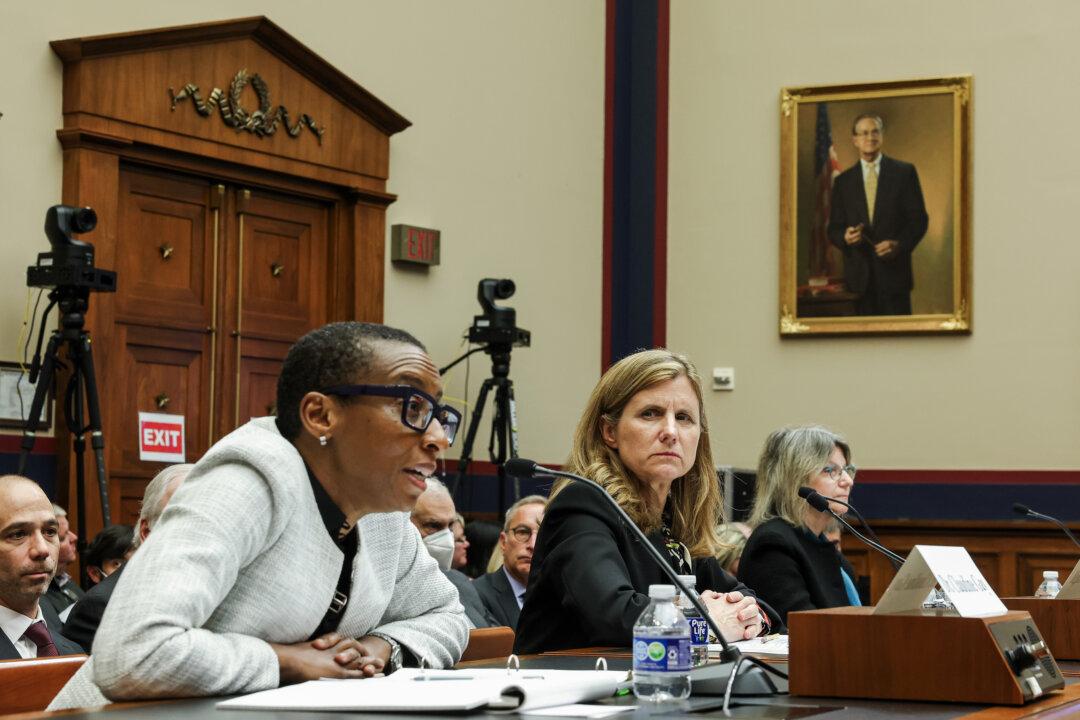Award-winning political scientist Carol Swain, whose work was allegedly plagiarized by former Harvard President Claudine Gay, says the university has a long way to go to restore its brand and that Ms. Gay’s resignation isn’t nearly enough.
“It would take new leadership that was more traditionally focused on academic standards and excellence,” Ms. Swain, a former tenured professor at both Princeton and Vanderbilt universities, told The Epoch Times. “And it would take Claudine Gay actually leaving, and the institution acknowledging that she had engaged in plagiarism, that she had violated academic standards.”





